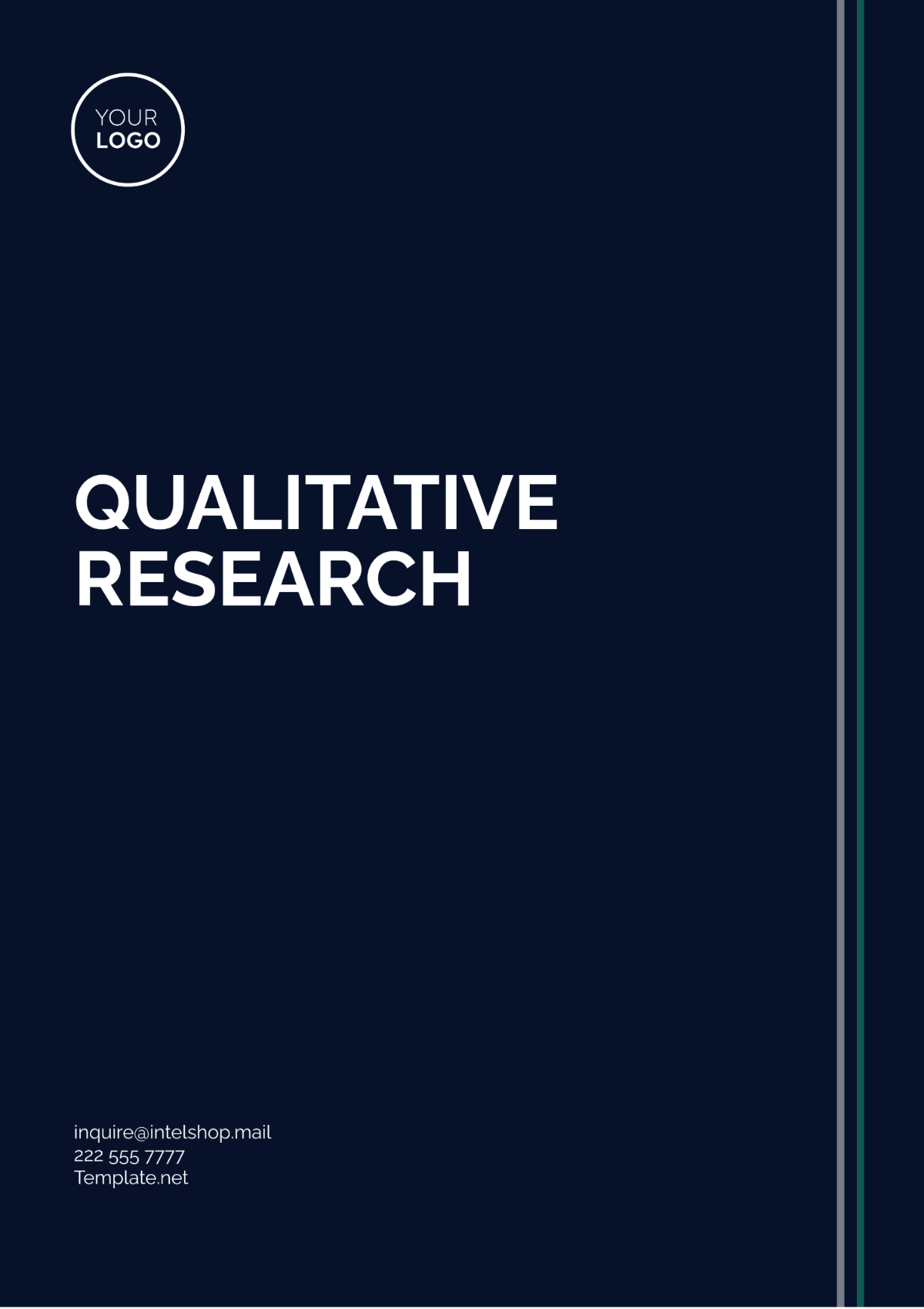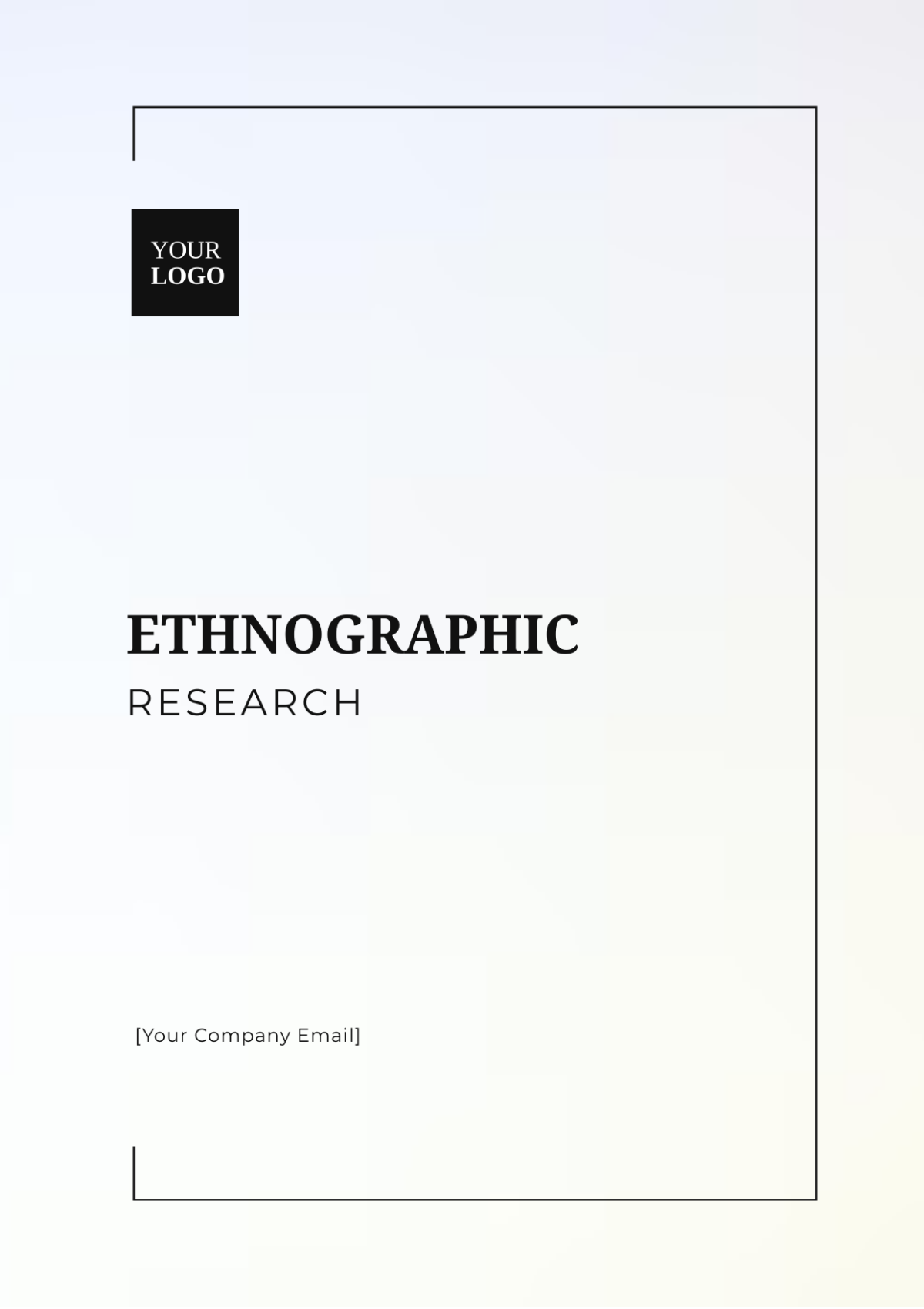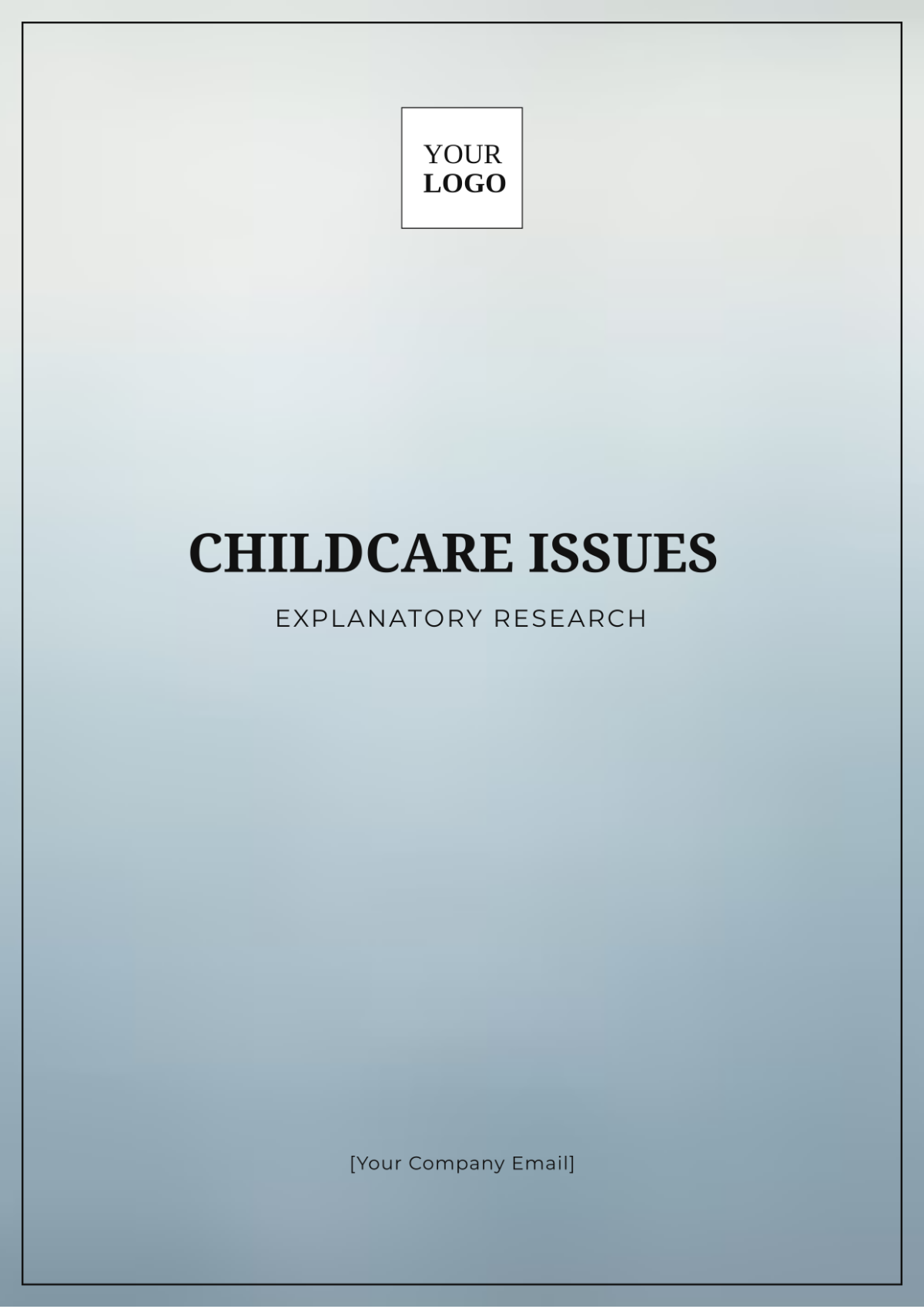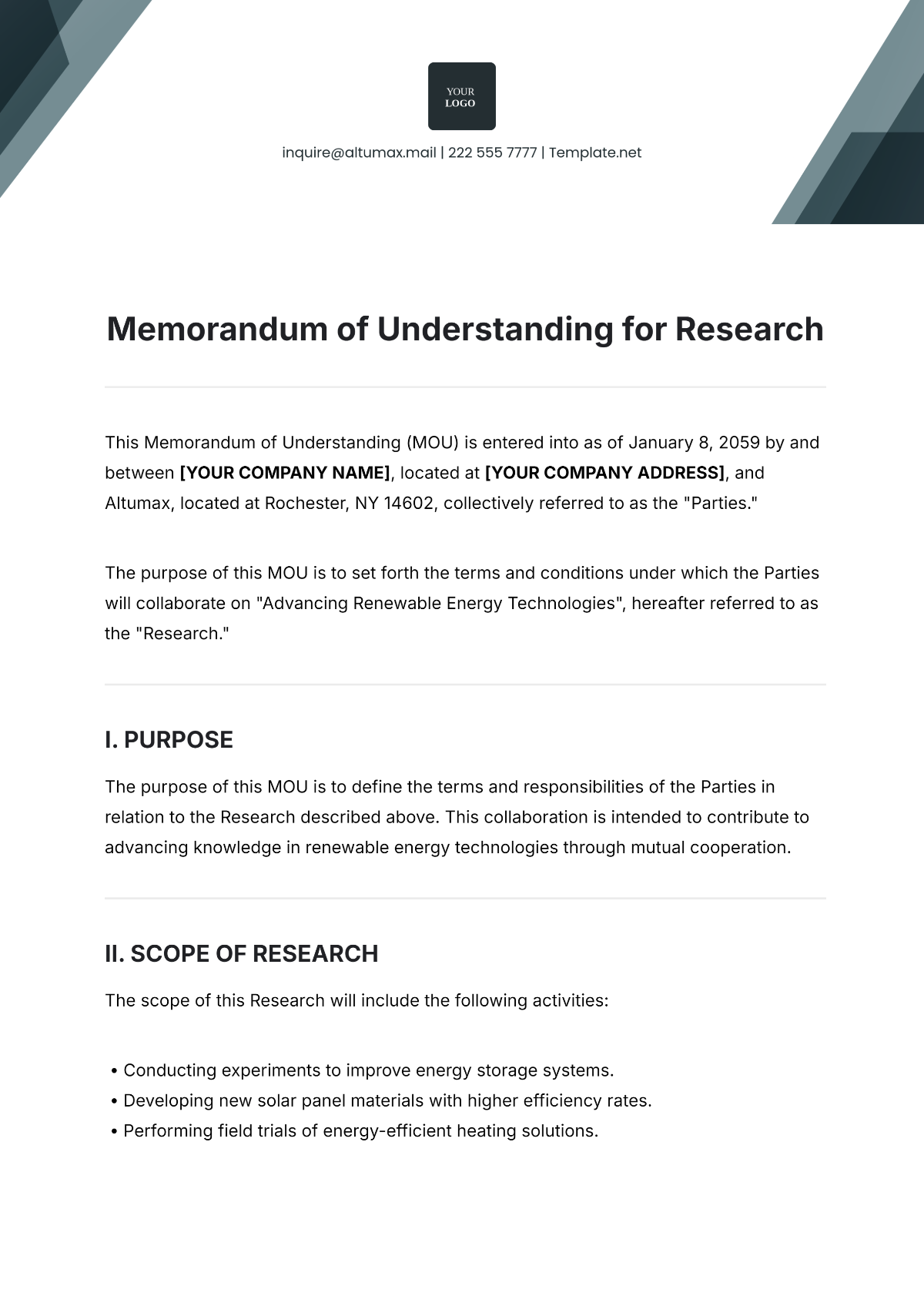Fieldwork Ethnography
Introduction
The Fieldwork Ethnography Template is designed to guide researchers in planning, conducting, and documenting ethnographic research during fieldwork. This structured document assists in ensuring comprehensive and systematic data collection and analysis within the context of the study of migrant communities in urban settings.
Research Objectives
The primary objectives of this ethnographic study are to explore the social integration processes of recent immigrants in New York City and to understand the impact of cultural preservation on their daily lives. The research aims to address the following key questions:
How do recent immigrants maintain their cultural practices in a new environment?
What are the primary challenges they face in social integration?
How does the local community respond to the presence of these immigrant groups?
Background and Context
This study is conducted within the vibrant and diverse borough of Queens, New York, known for its high concentration of immigrant populations. The research builds on existing literature that highlights the complexities of cultural retention and adaptation among immigrant groups in urban areas. Previous studies have shown that while many immigrants strive to preserve their cultural heritage, they often face challenges in balancing this with the need to integrate into the broader society.
Methodology
The research will employ a mixed-methods approach, with a focus on participant observation, semi-structured interviews, and community surveys. Participant observation will take place in local cultural centers, religious institutions, and community events. Semi-structured interviews will be conducted with key informants, including community leaders, recent immigrants, and local residents. Surveys will be distributed to a broader sample of the immigrant population to gather quantitative data on integration experiences.
Participant Selection
Participants will be selected based on a purposive sampling strategy, targeting recent immigrants who have been in the U.S. for less than five years. The sample will include a diverse range of ethnicities, ages, and socioeconomic backgrounds, with an expected sample size of 50-70 participants. Recruitment will be conducted through community organizations, social media, and snowball sampling.
Data Collection Procedures
Data will be collected over a four-month period through the following steps:
Participant Observation: Conducted weekly at selected community sites, documenting interactions, events, and cultural practices.
Interviews: Each interview will last 60-90 minutes, recorded with the participant's consent, and later transcribed for analysis.
Surveys: Administered online and in-person, focusing on integration experiences, cultural practices, and perceived community support.
Ethical considerations will be strictly adhered to, including obtaining informed consent from all participants, ensuring anonymity in data recording, and being sensitive to the emotional well-being of participants during interviews.
Data Analysis
Collected data will be analyzed using thematic analysis to identify common patterns and themes related to cultural preservation and social integration. Coding strategies will be employed using NVivo software, categorizing data into key themes such as "cultural practices," "integration challenges," and "community support." Quantitative data from surveys will be analyzed using statistical methods to identify trends and correlations.
Timeline
Phase | Description | Duration |
|---|---|---|
Preparation | Initial planning, literature review, and background research. | 2 weeks |
Fieldwork | Data collection through observation, interviews, and surveys. | 4 months |
Data Analysis | Thematic and statistical analysis of collected data. | 2 months |
Reporting | Writing the final report and presenting findings to stakeholders. | 1 month |
Ethical Considerations
The study will address several ethical issues, including securing informed consent from all participants, ensuring the confidentiality of personal data, and being mindful of the potential impacts on participants, particularly in terms of emotional distress during interviews. The research will be conducted in compliance with the Institutional Review Board (IRB) guidelines of [University Name].
References
All references and sources cited throughout this document will be listed according to APA citation style. These will include academic articles, books, and previous research studies relevant to immigrant integration and cultural preservation.
Appendices
The appendices will include:
Sample Interview Questions: A list of the questions that will guide the semi-structured interviews.
Consent Forms: Documentation used to obtain informed consent from participants.
Survey Instruments: Copies of the surveys administered to participants.
Field Notes Template: A template used to systematically record observations during participant observation sessions.

















































